By Mohamed Khairat and Nina Awad
Life without dogs is an un-lived life. The way we see it, one does not experience true love if one does not have a furry friend.
They are innocent, beautiful and intelligent creatures that constantly teach us how to unconditionally love, and selflessly give – they teach us about tolerance, resilience and the true meaning of what it is to understand without judgment.
With the help of the dubizzle team, we were able to find out exactly what breeds are considered the most popular in Egypt.
Remember, if you are hoping to rescue a life, check out shelters in Egypt including ESMA, Touch of Life and ESAF.
German Shepherd
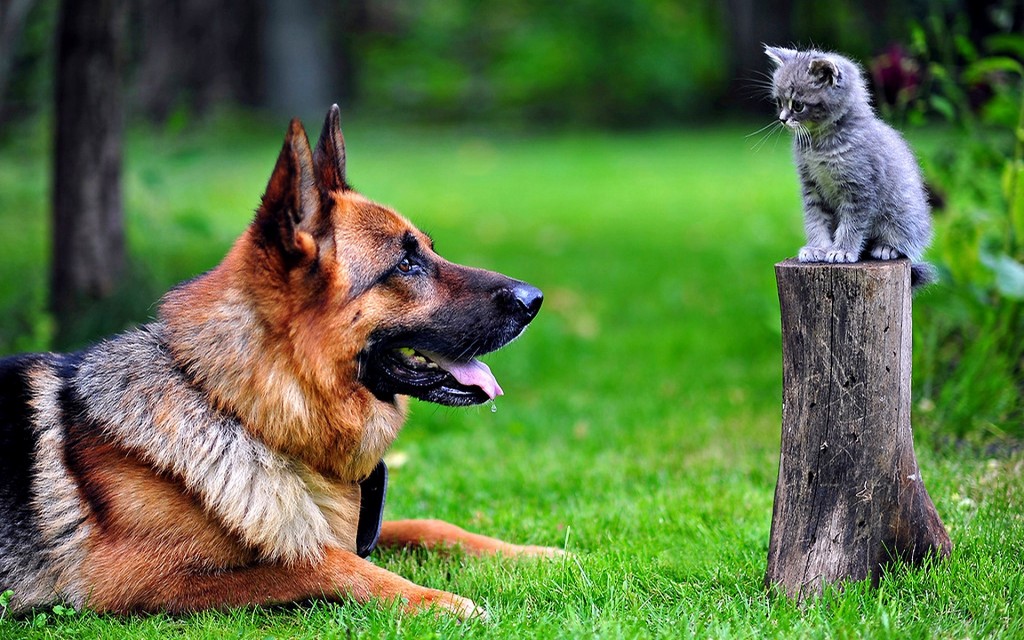
This large-sized working dog that originated in Germany is the most popular among Egyptians. They are highly active and have an eagerness to learn. Why are they the most popular in Egypt? Probably due to being known as excellent guard dogs.
Boxer
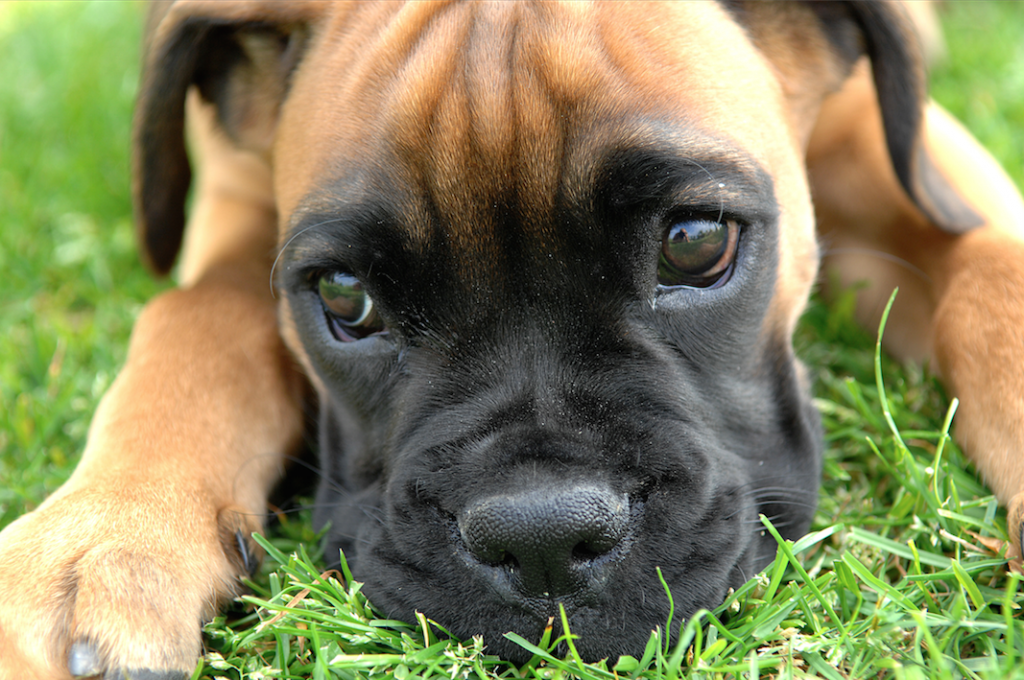
Medium-sized and short-haired, this breed also originated in Germany. They are faithful (as all dogs generally are), playful and energetic. Their patience and care, particularly with children, has often made them popular with families looking to have a furry friend join their household!
Labrador Retriever
Also known as ‘Labradors’, the Labrador Retriever is one of the most athletic and playful dogs. While they comes up third in Egypt, Labradors are the most popular in Australia, Canada, New Zealand, the United Kingdom and the United States. They are also a favorite for assistance to those with handicaps – particularly those who are blind.
Golden Retriever
As stated in their name, Golden Retrievers are excellent retrievers and were traditionally used in hunting (to retrieve hunted ducks and birds for example). They are extremely obedient, loving and are popular for being easy to train. However, be warned: their hair sheds in great amounts and requires regular grooming!
Great Dane
This huge-sized breed loves physical affection. While large, they are incredibly friendly and are even generally respectful and friendly with other dogs as well. With proper care, they are excellent with children and in family environments but require attention and love in return.
St. Bernard
Originally bred for rescue purposes, these enormous dogs (though not as huge as Great Danes) are patient, sweet and clam. They are like loveable and kind giants who only want you to love them back. A warning though: you better train and socialize them well when they are young puppies, otherwise their large size will make them a lot more difficult to deal with!
Rottweiler
While traditionally used for herding, Rottweilers are today mostly used as rescue dogs, guide dogs for those with handicaps and guard dogs. They are good natured and very obedient and are likely popular in Egypt due to their great awareness of their surroundings. They are calm, but powerful and require great care and attention. Irresponsible ownership, abuse, or a lack of attention may result in dangerous behavior. In the end, any dangerous behavior is the result of an owner’s lack of care and respect for this powerful breed.
Doberman Pinscher
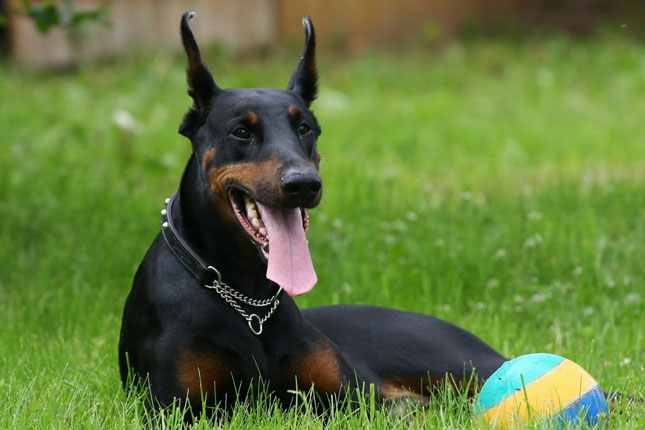
Dobermans were originally bred for personal protection, with traits such as being large, intimidating and fearless enough to defend its owner. Today’s Dobermans are more good natured and express high loyalty and intelligence. While originally used as police or guard dogs, they are now a highly desirable housedog and are known to be energetic, obedient, watchful and protective.
Pit bull
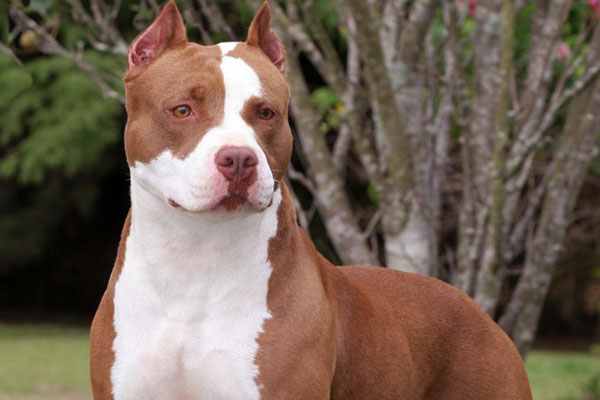
Originally bred as a fighting dog, Pit bulls today attract controversy in the media and across the globe. In the media, they have been portrayed as dangerous and aggressive. This stereotype has extended to the extent where Australia has forbidden the import of Pit bulls and has required they are neutered to help eliminate the breed’s population. Despite multiple incidents of attacks by Pit bulls, expert opinion maintains well-socialized and trained Pit bulls are less likely to attack, and that Pit bulls only attack when they feel threatened or are mistreated and neglected.
Dalmatian
If you’ve watched the Disney classic 101 Dalmatians, based on Dodie Smith’s 1956 novel The Hundred and One Damlatians, then the Dalmatian was likely your favorite breed of dog during your childhood. This mid-sized and athletic dog is often used as a rescue dog (particularly as a fire dog), but is also a great guardian and an active family member. However, they often face various health issues and those looking to welcome a Dalmatian in their household should do sufficient research before doing so!
Neapolitan Mastiff

This large-sized dog is often used as a defender of family and property due to their intimidating appearance and their excellent protective instincts. They do not like being left out in the cold, but prefer being part of the family household. They are extremely intelligent and are independent thinkers. While protective, they are not recommended as a dog for people who have not had previous experience with dogs, as they require extremely early and proper socialization and training.
Bulldog
One of the most popular breeds in the United States, Bulldogs are known for their wrinkled face and pushed-in nose. They are kind and courageous, but not aggressive or vicious. They are often friendly in nature and very patient. Families with children often choose Bulldogs as they get along well with children. However, don’t expect them to be too active: Bulldogs are more likely to sleep around the house in your presence as opposed to running around in the sun.
Old English Mastiff
Also known as the Mastiff, Old English Mastiffs are enormous in size and have a massive head. They are calm, watchful and noble. They are well tempered, not aggressive and good with children. Known as one of the most kind, and courageous dogs, Old English Mastiffs are great for families, but their large size means they need big space and are not suitable for small-sized Egyptian apartments.
French Mastiff
Also known as the Bordeaux Mastiff, the French Mastiff are very powerful dogs that had been originally bred to pull heavy objects. Like other large-sized dogs, it is not recommended the French Mastiff remains in small spaces. They are well tempered and can be trained to be loyal and obedient.
What about the least wanted dogs in Egypt?
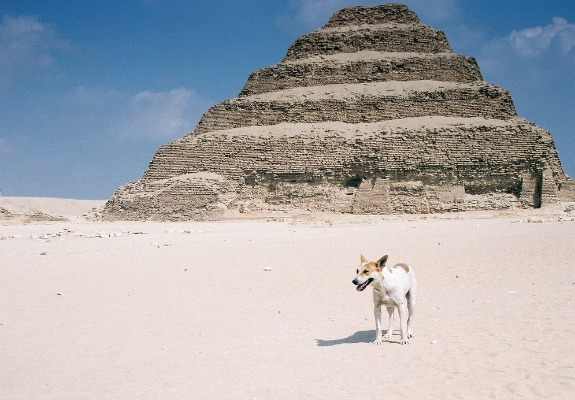
While the dogs listed above are the most wanted dogs in Egypt, it is also important to remember the least wanted: Baladi dogs.
Also known as street dogs, Baladi dogs are often dismissed as dirty and difficult to train. However, learning to adapt to living on the streets has made them very instinctive and intelligent. As a result of their experiences on Egypt’s streets, they are often shy of people and therefore require extra love and gentleness when first dealing with them.
For those looking to adopt a Baladi dog from one of Egypt’s shelters, it is important to pay attention and care to them at the start. Baladi puppies are meanwhile as easy to train and socialize as any other breed. In the end, kindness will make them love you and be loyal to you like no other dog would be.
This article was powered by dubizzle. Check out their website here.

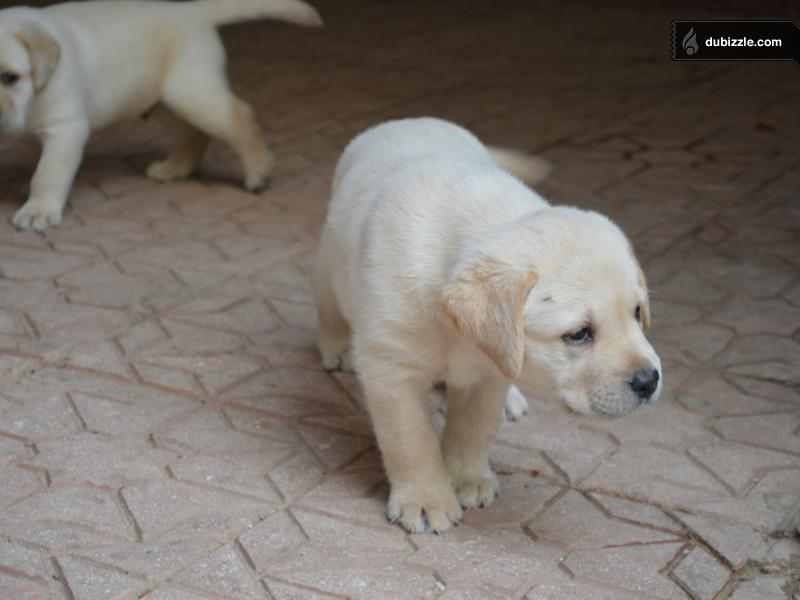
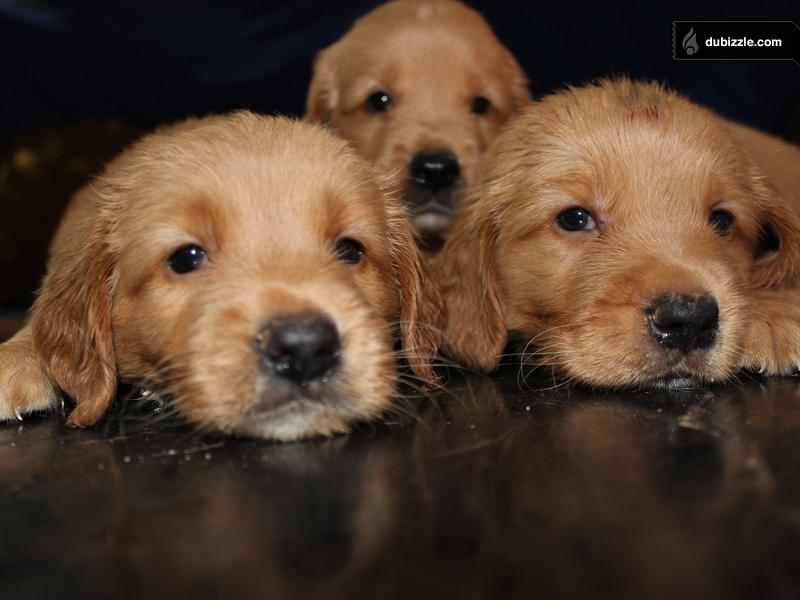
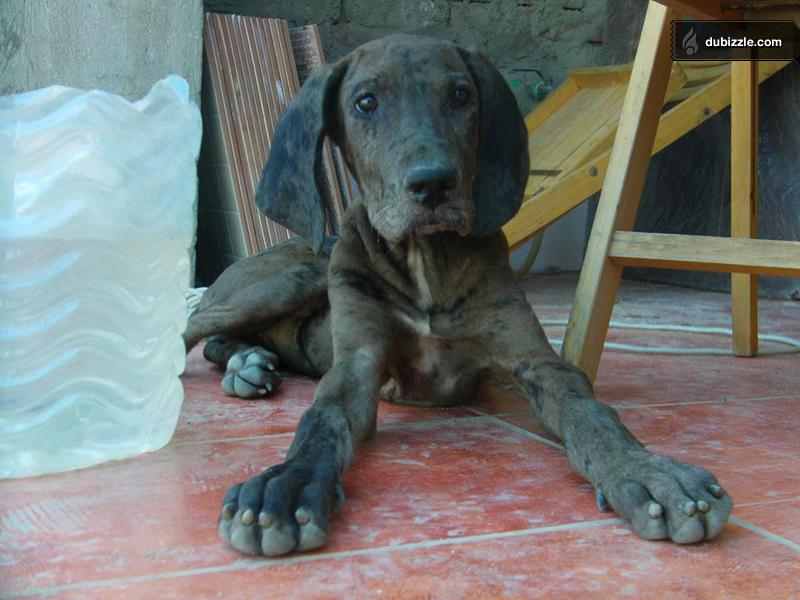
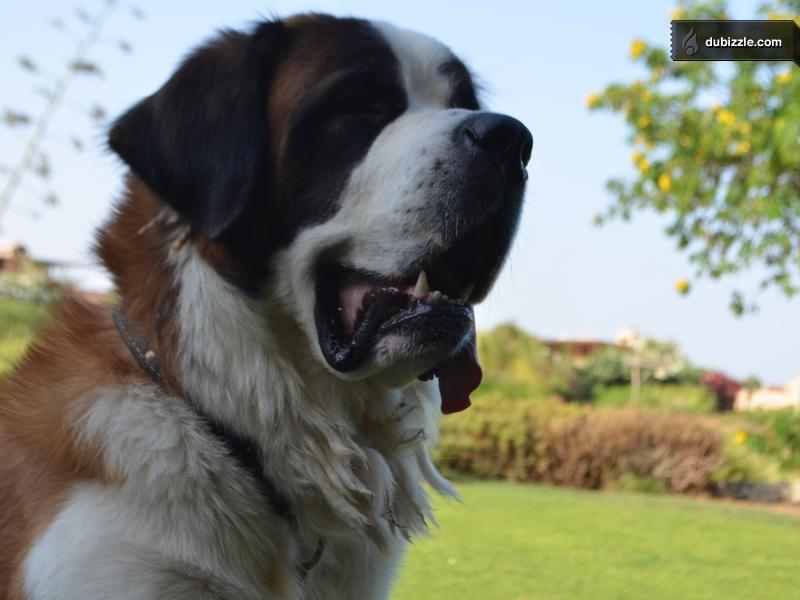
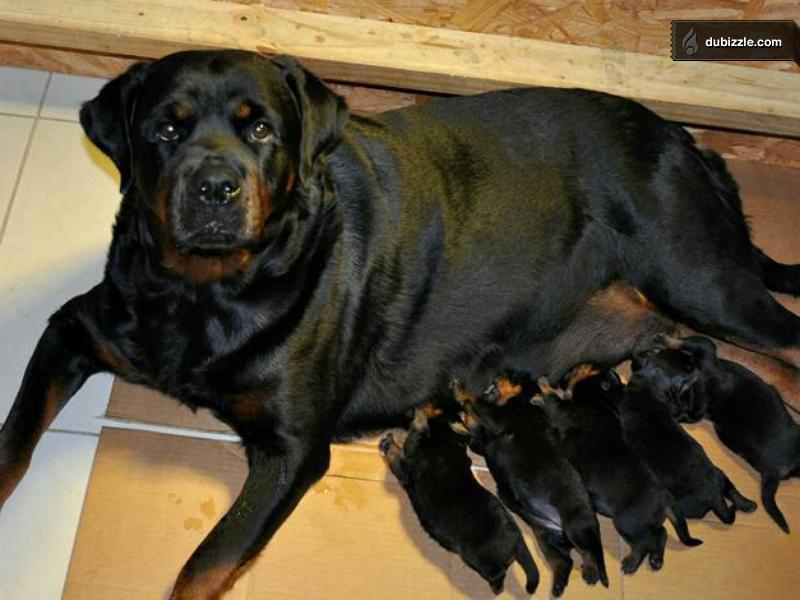
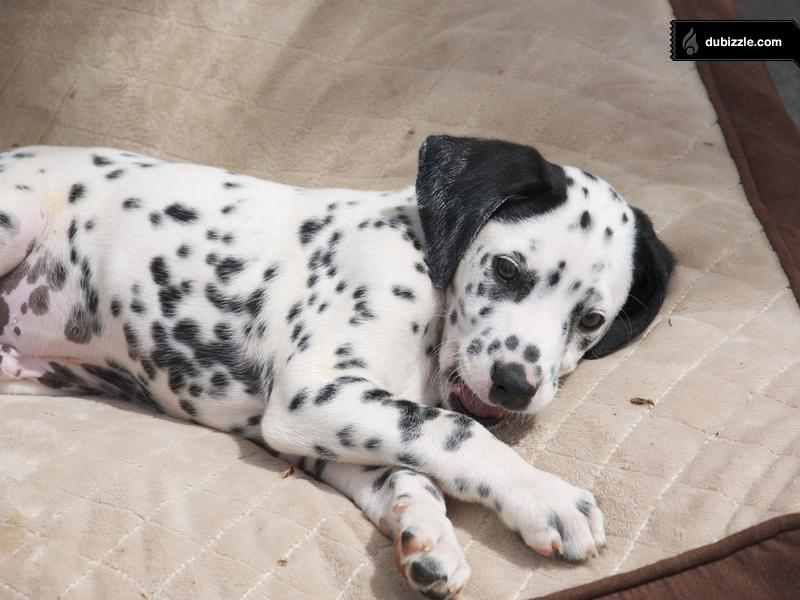
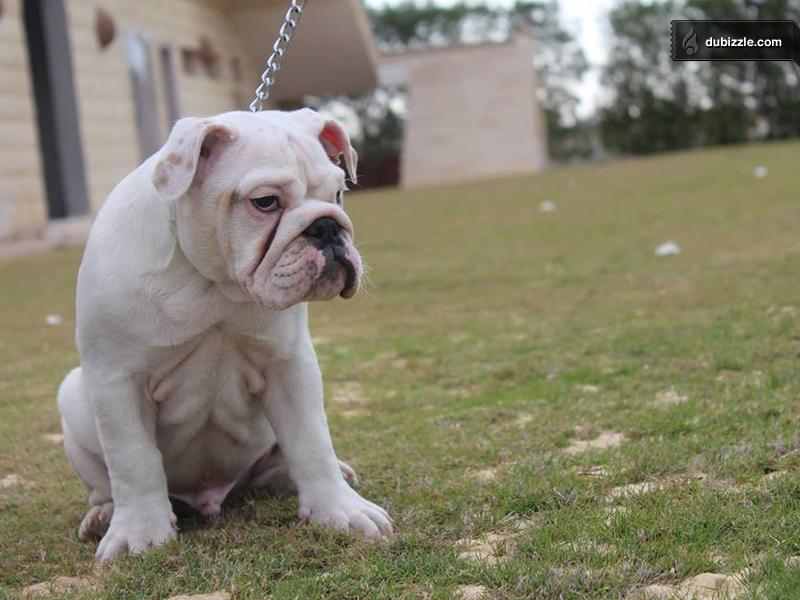
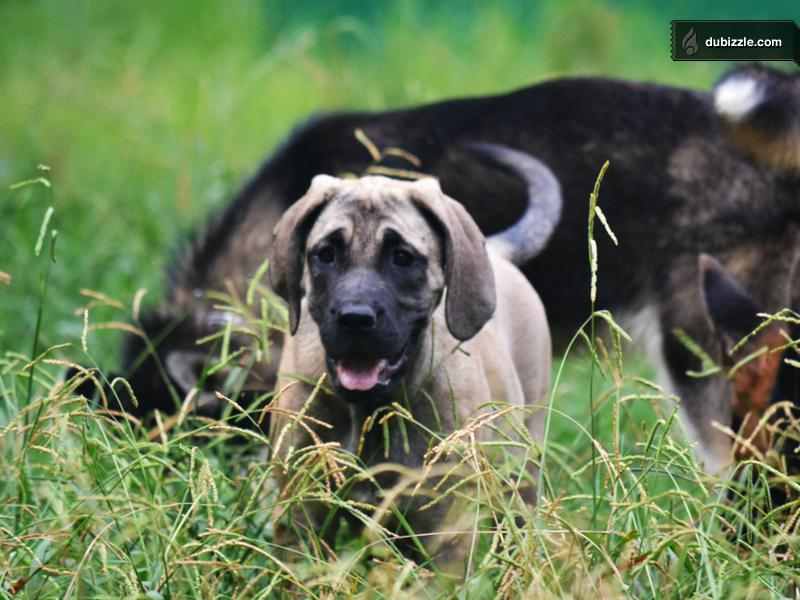






Comments (39)
We live in Canada and are looking after our daughter’s 10 month old Baladi. She is a wonderful, smart puppy that the Egyptian people should be proud of and not fear.
Hi. Do you mind telling me more about the behavioral characteristics of baladi dogs. I’m considering adopting one but worried they will be more wild than most dogs because they had to overcome the harsh conditions in Egypt.
I’m in Canada, and have a Baladi dog; he’s beautiful, he’s smart, and he’s clean. I wish the Egyptian people would realize the amazing potential these dogs have, instead of preferring European and Western breeds. Baladi dogs are part of the fabric of Egypt and an important part of her history and culture. They deserve honor and respect, not beatings and poison.
Hi. Do you mind telling me more about the behavioral characteristics of baladi dogs? I’m considering adopting one but worried they will be more wild than most dogs because they had to overcome the harsh conditions in Egypt.
I have a baladi dog and to be honest we got her off the streets when she was about a year and a half old. It depends on the dog and its personality to be honest. If you get them from a shelter (ex. ESMA) just ask about the dog. They’re normal just like any other dog. If you get them directly off the street (adults) it’s a tad more difficult. They tend to get back to their ‘street’ tendencies like eating trash or not obeying the leash. But it ends up how you train it. And all dogs need training whether it was by you or a professional. Be assured baladi dogs aren’t ‘more wild’ than others. if you like sheperds and other bigger breeds then you’ll get along great with your baladi!
Thank you!
Do you know about their energy level? High, low, medium?